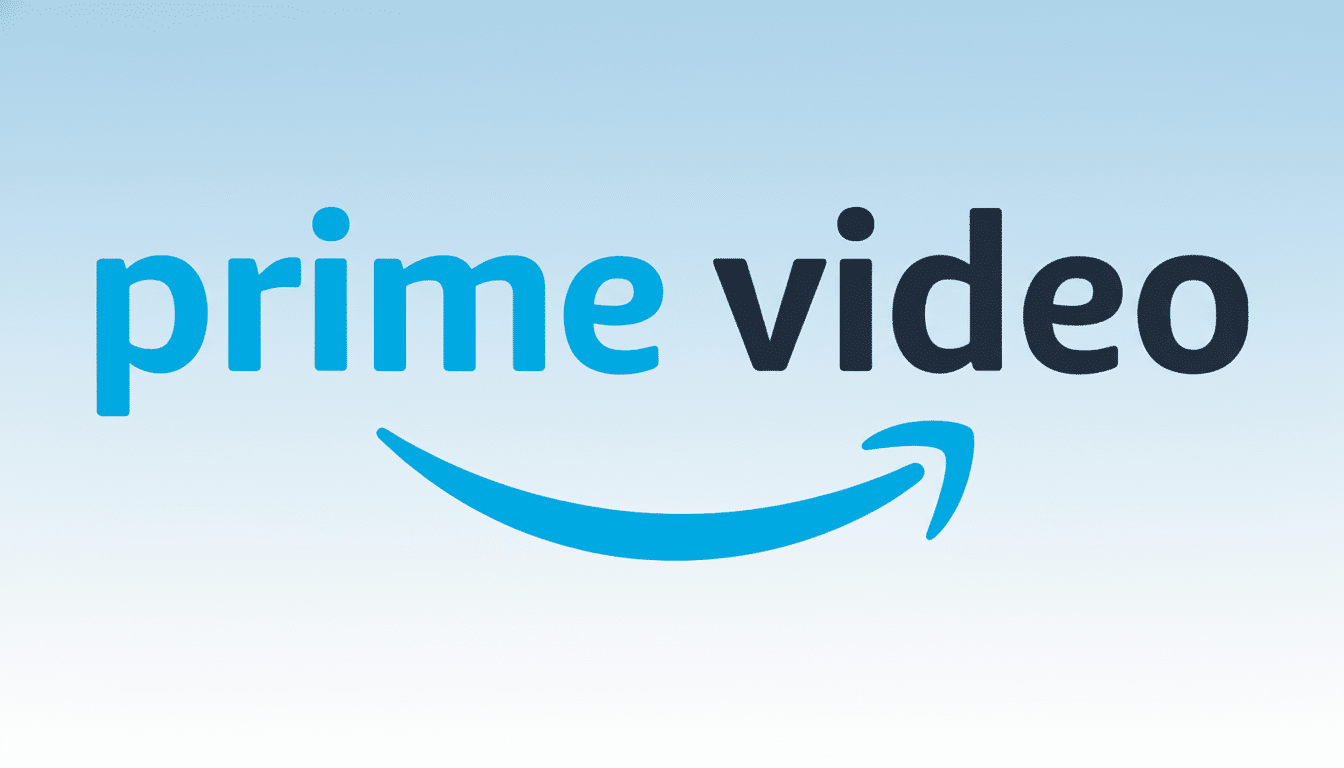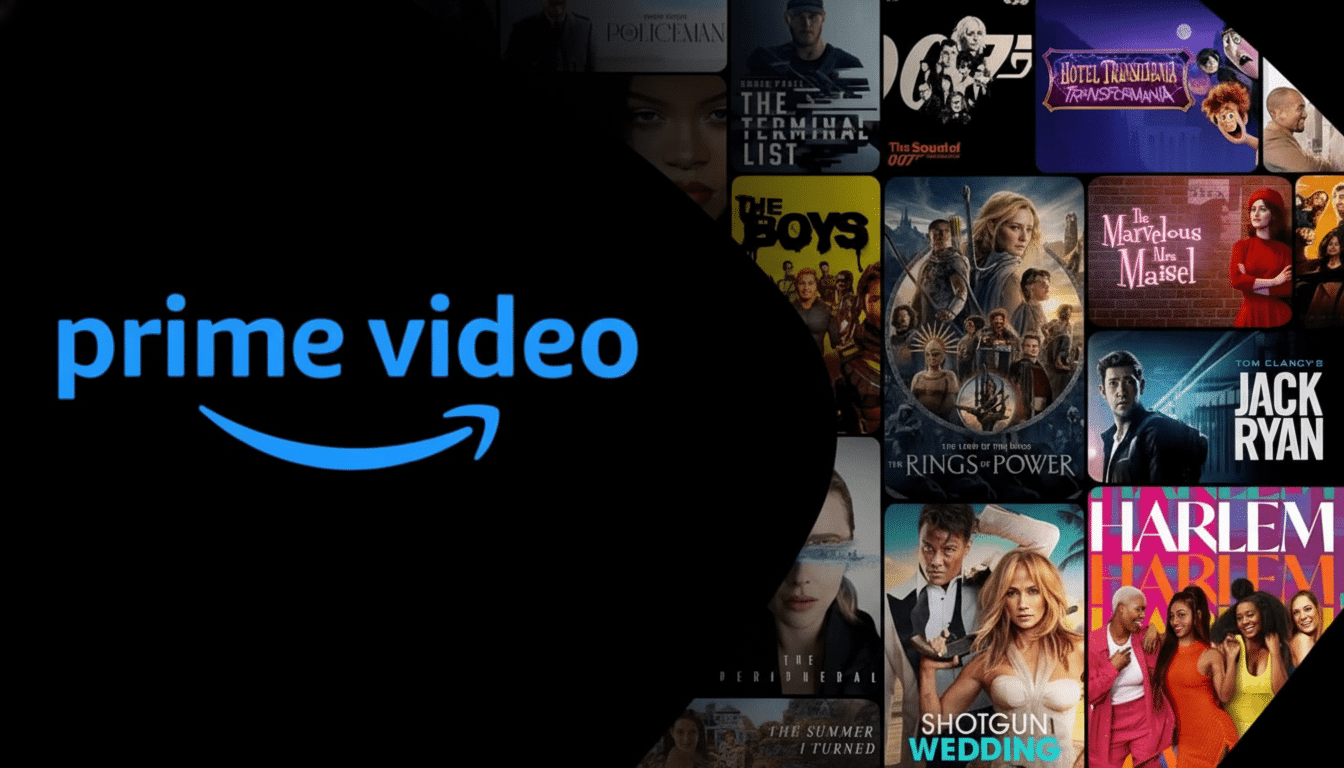Stephen King has never been bashful about his love of cinema, and his newly released “10 favorite films” list says a lot about the stories that fire his imagination. It’s a waxing, auteurish bunch — heavy on the 1940s and the 1970s — that values moral ambiguity, tension and character over jump scares. The most interesting thing here is that he doesn’t include films he wrote the screenplays for, maintaining that the list be about his outside influences.
There is noir, New Hollywood grit and a few epochal crowd-pleasers. Below, a film-by-film rundown of the picks and where to stream them in the United States, along with why this lineup dovetails so neatly with King’s sensibilities.

The list: King’s picks, and where to stream
Sorcerer (1977) — Prime Video. William Friedkin’s nerve-shredding odyssey through desperate men bearing nitroglycerin through the jungle may be existential terror without the supernatural. Reputation was cemented with the release of a restored cut following a bruising initial run at the box office.
The Godfather Part II (1974) — MGM+ on Prime Video Channels. Francis Ford Coppola’s grand epic sequel won six Oscars, including best picture, and further developed the Corleone family story with a time-spinning structure still influential in filmmaking today.
The Getaway (1972) — Prime Video. Sam Peckinpah’s heist-gone-wrong as a sun-scorched chase thriller, Steve McQueen and Ali MacGraw stuck between romance and ruin. It’s lean, mean Americana — just the brand of fatalism King usually likes.
Groundhog Day (1993) — Netflix. A time-loop comedy that has become a philosophical touchstone, this Harold Ramis classic has been remembered by the Library of Congress for its cultural importance — a reminder that high-concept genre can be achingly human as well.
Casablanca (1942) — Max. Humphrey Bogart and Ingrid Bergman star in the wartime romance that the American Film Institute invariably lists among the greatest films of all time. It won three competitive Academy Awards and it’s still a master class in character-driven suspense.
The Treasure of the Sierra Madre (1948) Prime Video. John Huston’s avarice parable won three Oscars, for Director and for Supporting Actor for Walter Huston. Its descent-into-paranoia arc seems engineered for King’s preference in moral unwinding.
Jaws (1975) — Netflix. It was Steven Spielberg’s revolution, one with lasting implications for distribution, and its template became the rigid model for the modern summer blockbuster. The Academy recognized its editing, sound and John Williams’ classic score; the terror is eternal.

Mean Streets (1973) — Prime Video. Martin Scorsese’s early breakthrough, with Robert De Niro and Harvey Keitel, established a forceful street-level realism that would reshape American cinema. It’s in the National Film Registry for a reason.”
Close Encounters of the Third Kind (1977) — Prime Video. Awe, obsession and mystery collide in Spielberg’s rhapsodic sci‑fi drama that got Oscar traction and won for cinematography. It’s otherworldly, but really, it’s about faith.
Double Indemnity (1944) — Prime VideoA classic sordid tale from the film noir era is about an insurance man who falls for his client and murders her husband with the hope of getting a big reward after his death. Billy Wilder’s razor-edged noir — a seven-time Oscar nominee — helped set a standard for the genre’s fatalism. Its doomed lovers and hardboiled voiceover resonate through generations of crime fiction, including King’s.
Why these choices align with King’s sensibilities
King’s fiction is not monster fiction so much as fiction about people put under pressure. This list leans toward moral crucibles: greed in Sierra Madre, obsession in Close Encounters, cyclical redemption in Groundhog Day. Even Jaws, at its core is a character study under the guise of a creature feature.
There’s also a distinct auteur streak here. Friedkin, Peckinpah, Coppola, Scorsese, Wilder, Huston and Spielberg all fingerprints on American film. Many of these have been honored with top-tier accolades from the Academy of Motion Picture Arts and Sciences, or enshrined for preservation by the Library of Congress — signals of lasting craft that would presumably appeal to King’s storyteller’s instincts.
Observe the Bogart thread — Casablanca and Sierra Madre — hinting at King’s taste for imperfect men coming down on the side of good, but with the wrong tools at their command. And only Jaws and Close Encounters dance with the uncanny, yet nearly every title cranks up dread, consequence, and ethical stakes, the foundation of King’s narrative engine.
Streaming tips and caveats
Availability shifts frequently. The platforms below are run on typical U.S. cycles; catalogs revolve thanks to licensing agreements. If a title is not included with a subscription, for rental or purchase, see if it is available at other storefronts, such as Apple TV, Google Play or Vudu, and look for Prime Video Channels add-ons such as MGM+ where noted.
Where you can, opt for 4K restorations (Sorcerer and Jaws in particular reap the rewards of upgraded transfers) and platform search with year and director to avoid remakes or TV versions. To provide context as well as more to watch, turn to sites like the American Film Institute and the British Film Institute, which offer production histories and themed viewing lists to enhance the experience.
And whether you’re warm to Bogart’s embattled nobility or Scorsese’s street-corner saints, or cold to Friedkin’s white-knuckle fatalism, King’s favorites also double as a condensed survey of film history — and a master class in tension that tightens too long after the credits roll.

